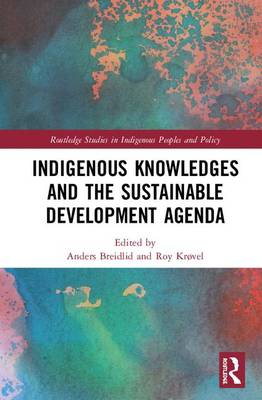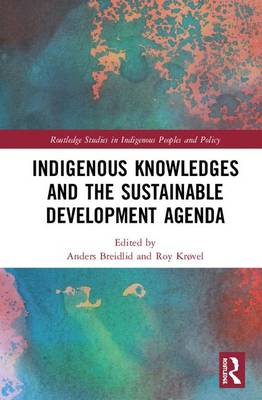
- Retrait gratuit dans votre magasin Club
- 7.000.000 titres dans notre catalogue
- Payer en toute sécurité
- Toujours un magasin près de chez vous
- Retrait gratuit dans votre magasin Club
- 7.000.0000 titres dans notre catalogue
- Payer en toute sécurité
- Toujours un magasin près de chez vous
Indigenous Knowledges and the Sustainable Development Agenda
Description
This book discusses the vital importance of including indigenous knowledges in the sustainable development agenda. In the wake of colonialism and imperialism, dialogue between indigenous knowledges and Western epistemology has broken down time and again. However, in recent decades the broader indigenous struggle for rights and recognition has led to a better understanding of indigenous knowledges, and in 2015 the Sustainable Development Goals (SDGs) outlined the importance of indigenous engagement in contributing to the implementation of the agenda.
Drawing on experiences and field work from Africa, Asia, Latin America and Europe, Indigenous Knowledges and the Sustainable Development Agenda brings together authors who explore social, educational, institutional and ecological sustainability in relation to indigenous knowledges. In doing so, this book provides a comprehensive understanding of the concept of "sustainability", at both national and international levels, from a range of diverse perspectives.
As the decolonizing debate gathers pace within mainstream academic discourse, this book offers an important contribution to scholars across development studies, environmental studies, education, and political ecology.
The Open Access version of this book, available at http: //www.taylorfrancis.com, has been made available under a Creative Commons Attribution-Non Commercial-No Derivatives (CC-BY-NC-ND) 4.0 license.
Spécifications
Parties prenantes
- Editeur:
Contenu
- Nombre de pages :
- 236
- Langue:
- Anglais
- Collection :
Caractéristiques
- EAN:
- 9780367425968
- Date de parution :
- 27-04-20
- Format:
- Livre relié
- Format numérique:
- Genaaid
- Dimensions :
- 156 mm x 234 mm
- Poids :
- 530 g

Les avis
Nous publions uniquement les avis qui respectent les conditions requises. Consultez nos conditions pour les avis.





